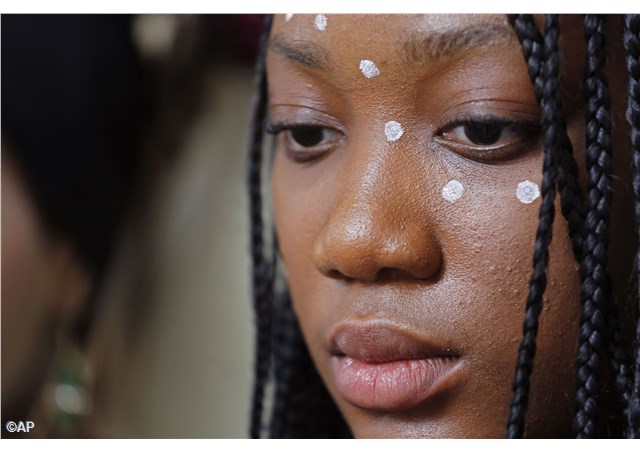
Zambia’s Human Rights body calls for the protection of children

The Zambian Human Rights Commission has called for the protection of children engaged in domestic work as housemaids.
There has been an outcry in the Zambian capital city, Lusaka, after the media publicised the story of a thirteen year old girl recruited as a housemaid from the rural area of Chinsali, in the north of the country. The girl was later abandoned to a stranger in the city when the family tired of her.
Director of the Human Rights Commission, Florence Chibwesha says her organisation is saddened by the growing trend where poor girls in rural areas are brought to town and employed as housemaids at the expense of their education. She says, “This is a worrying trend which needs to be checked as it not only affects the girl-child’s education, but also exposes young girls to a greater risk of being sexually exploited, physically abused or even trafficked,” said Ms. Chibwesha.
Ms. Chibwesha has cautioned the Zambian public to desist from the practice of engaging young girls as housemaids because it violates children’s rights and Zambian laws which prohibit the employment of under-aged persons in any work, such as the Employment of Young Persons and Children Act which sets a minimum age limit with regard to the employment of young people.
“The public should also be aware that under the Zambian Anti - Human Trafficking Act of 2008, the exploitation of children in domestic settings is prohibited. Internal trafficking of persons is criminalised and when the victim involved is a child, it becomes child trafficking because exploitation in a domestic setting under the Act includes, at a minimum, forced labour or services, “Ms. Chibwesha emphasised.
The HRC reminds the Zambians that involving children in domestic work or labour is a denial of the fundamental rights of children such as access to education and health care; the right to rest, leisure, play and recreation; the right to freedom of assembly and association and the right of a child to grow up in a friendly family environment.
Finally the Commission calls upon the Zambian government to urgently take steps to protect girls from such abuse and exploitation which deprives them of the opportunity to go to school and have a better a future.
Recently, the Catholic Church all over the world marked 8 February as the “International Day of Prayer and Reflection against Human Trafficking” in order to coincide with the feast of St. Josephine Bakhita. St. Bakhita was born in Darfur in 1868. Captured at the age of 9 years, she was sold into slavery, first in her country and later in Italy. As a result of the kind of life she lived, St. Bakhita is often promoted as a patron saint for the victims of slavery and trafficked persons. She died in 1947.
(e-mail: engafrica@vatiradio.va)
| All the contents on this site are copyrighted ©. |


